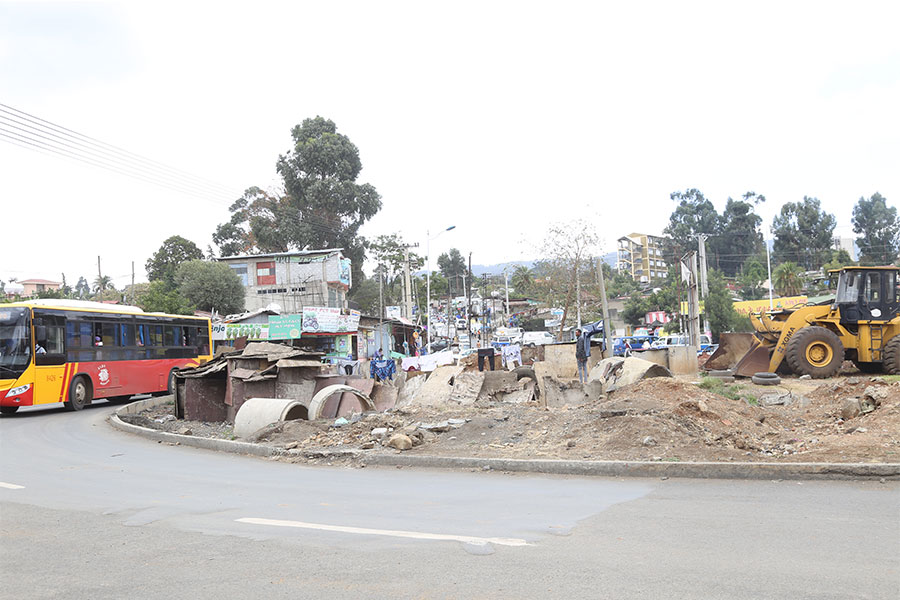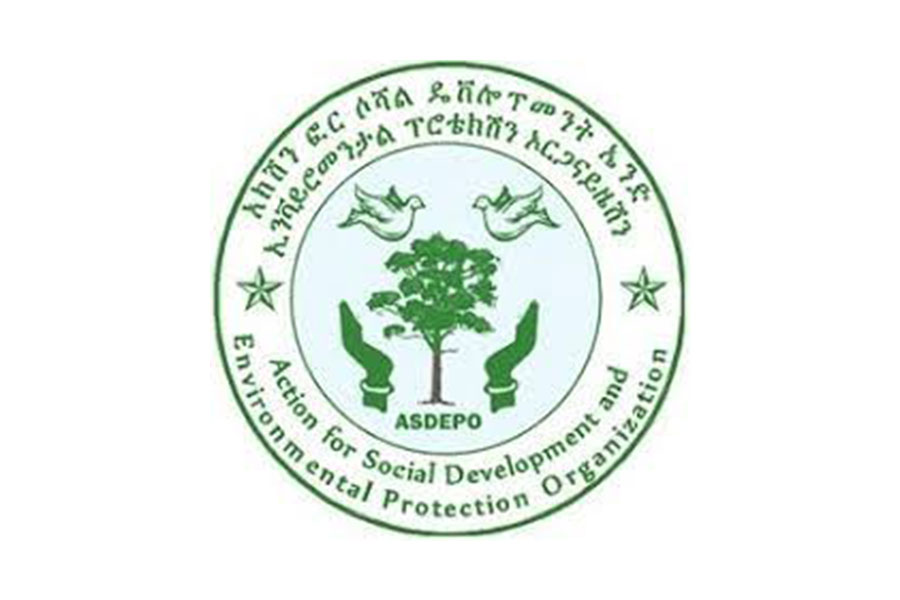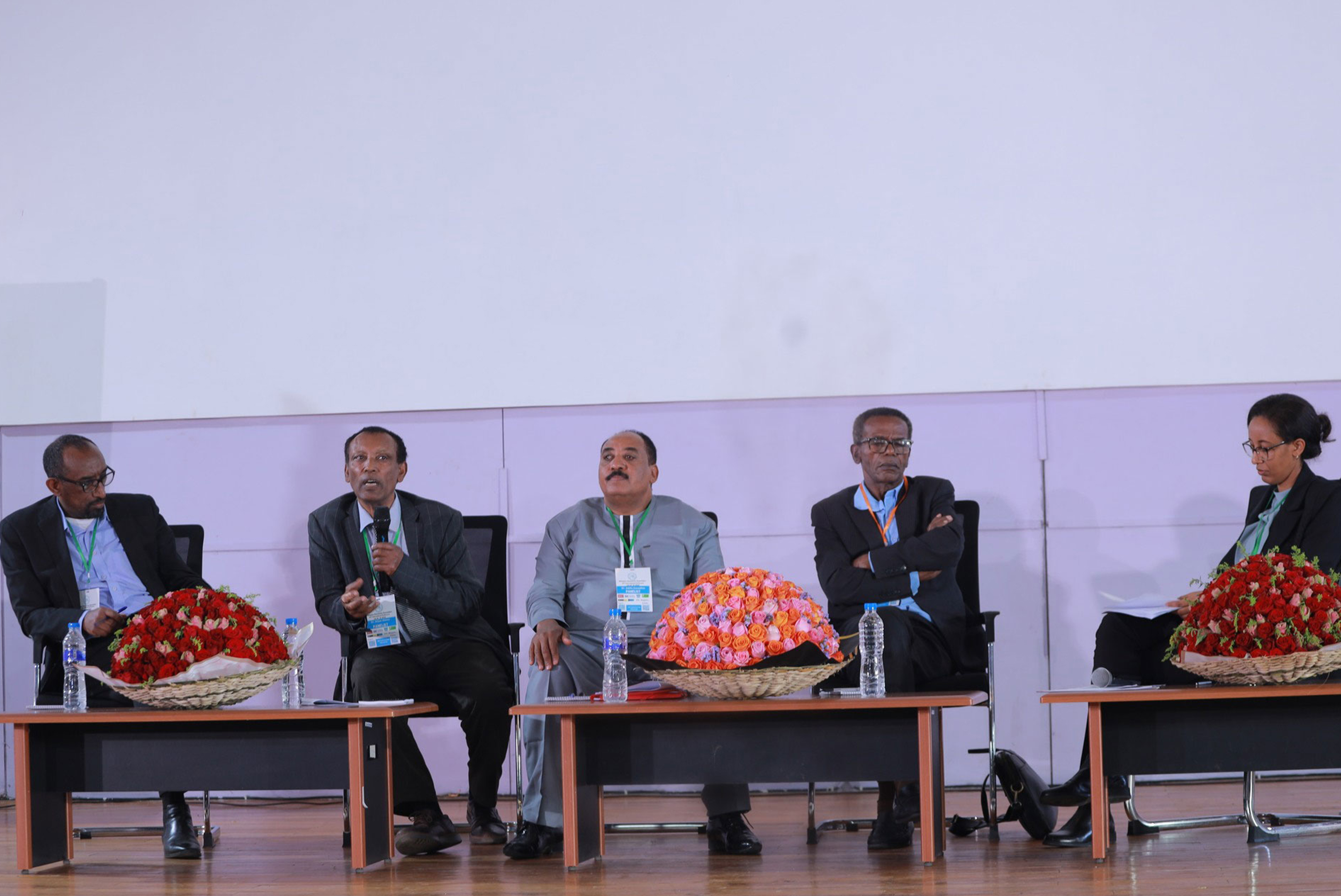
Radar | Mar 09,2019
As the Novel Coronavirus (COVID-19) pandemic has spread across the world, governments have been imposing or at least advising preventive measures to fight the spread of the virus. Citizens have been asked to stay at home as much as possible.
But home is not safe for everyone, especially women. In many countries across the world, domestic violence cases have risen significantly as couples and families stay home together. It is painfully obvious why this is happening.
Growing up, I had a friend who told me that coming to school was the only escape she had from what was happening at home. She enrolled in all after-school and summer programmes just to reduce the amount of time she was expected to stay home. Today, she lives on her own away from her abusive household.
If the pandemic had taken place years prior, I wonder what any of us could have done to help.
While we cannot, in a span of just months, hope for the manifestation of behavioural change, what we can do is make sure our loved ones are cared for. As abuse is often about power and control, and as today’s crisis is making everyone feel like they are no longer in control of their lives, we should expect that incidents of abuse are rising behind closed doors.
Compounding the issue is how the lockdown has also included organisations that in normal times would have their doors open to victims. But shelters all over Addis Abeba have largely been closed to curb the spread of COVID-19, according to the Association for Women’s Sanctuary & Development.
This has left many abandoned to their dangerous homes. Others have ended up staying at police stations or at the offices of some of these organisations. Fortunately, nonprofits such as the Ethiopia Network of Women Shelters are acting as emergency centres for those seeking help.
Homes can feel like traps for the abused and tormented, who will be isolated from services that can help them. It is an important fact to remember that a third of women around the world experience physical or sexual violence, according to the World Health Organization (WHO), making it “the most widespread, but among the least reported human rights abuse” cases.
On top of this, Ethiopia's conservative culture puts the blame on victims and tries to justify the abuses inflicted upon them. Women are encouraged to handle the burdens of the imperfect man they have married. The more enduring the woman is, the more she is respected for her role as a wife. Even when she involves close family members to serve as mediators, in the end, the most commonly given advice for the husband is a soft warning for his behaviour, while she is given long speeches of encouragement for her patience and endurance.
The wife is often given the responsibility to cater to his good nature and rise to the challenge of tempering her husband’s worst instincts.
Justice has often failed women living in abuse. The exact data on this sensitive issue is difficult to obtain in this conservative country, but the definition of abuse and the language that is in use should be a good indicator of how widespread abuse in households is in Ethiopia. Older brothers and husbands are designated as disciplinarians in many homes.
Most domestically abused women in Ethiopia stay with their abusive spouses in fear of religious and cultural ramifications. Add to this the imbalance of power in the household, mainly in terms of economic capability, which prevents women from leaving. The problem is compounded if there are children. With the economic devastation caused by COVID-19, it is likely that even more women will be left financially dependent.
There is some hope in that the judicial institutions have found it prudent to continue to protect the rights of women. Chief Justice Meaza Ashenafi, president of the Supreme Court, announced that domestic abuse cases would be entertained as a matter of priority by the courts. The decision is a major step in recognising the voices of Ethiopian women.
As we slowly grasp the many aspects of life COVID-19 will touch, we should begin to realise that victims of other problems, especially domestic abuse, are more alone than ever before. Our community must stand stronger than before if we are all to come out of this in one piece, with no one left behind.
PUBLISHED ON
Apr 25,2020 [ VOL
21 , NO
1043]


Radar | Mar 09,2019

Fortune News | Sep 08,2019

Fortune News | Aug 22,2020

Commentaries | Oct 21,2023

Sponsored Contents | Sep 26,2021

Fortune News | Jul 27,2025

Viewpoints | Jun 29,2019

Viewpoints | May 28,2022

Radar | Nov 26,2022

Commentaries | Nov 20,2021

Dec 22 , 2024 . By TIZITA SHEWAFERAW
Charged with transforming colossal state-owned enterprises into modern and competitiv...

Aug 18 , 2024 . By AKSAH ITALO
Although predictable Yonas Zerihun's job in the ride-hailing service is not immune to...

Jul 28 , 2024 . By TIZITA SHEWAFERAW
Unhabitual, perhaps too many, Samuel Gebreyohannes, 38, used to occasionally enjoy a couple of beers at breakfast. However, he recently swit...

Jul 13 , 2024 . By AKSAH ITALO
Investors who rely on tractors, trucks, and field vehicles for commuting, transporting commodities, and f...

Oct 25 , 2025
The regulatory machinery is on overdrive. In only two years, no fewer than 35 new pro...

Oct 18 , 2025
The political establishment, notably the ruling party and its top brass, has become p...

Oct 11 , 2025
Ladislas Farago, a roving Associated Press (AP) correspondent, arrived in Ethiopia in...

Oct 4 , 2025
Eyob Tekalegn (PhD) had been in the Governor's chair for only weeks when, on Septembe...